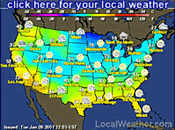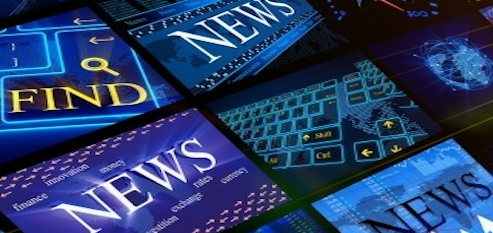I am an Asian American by virtue of being Asian and being born and raised in America. I make this clarification because in certain circles, this identity is not as neutral as it may sound. No, some would have you believe that existing as an Asian American is inherently political — and only a certain type of ultra-progressive political at that.
In today’s climate, that rhetoric probably doesn’t sound too unrealistic, but here’s the latest evidence: “An Open Letter to the Asian American Community,” written by members of some Asian affinity groups at Harvard to condemn other Asian affinity groups for not co-sponsoring a walkout in support of Deferred Action for Childhood Arrivals.
This letter expressed more general grievances than just the DACA walkout, though. It is the latest attempt by supposedly enlightened Asian Americans to dictate to other Asian Americans what they should think, say, and do.
At the very least these writers are acknowledging the fact, not acknowledged enough, that cultural groups are not monoliths. But if you expect them to bring this up to celebrate the diversity in Asian America, you’d be wrong. No, they’re lamenting the actual diversity. They wish that Asian Americans could form a monolith in their image of an inherently political community with an extremely left-wing agenda.
Forgive me for wanting a way out.
The movement’s big gotcha argument is that the political origins of the term “Asian American” necessitate an extremely left-wing advocacy and ideology. But I think you can acknowledge the term’s history and agree with many of the causes originally championed without jumping to the same conclusion. I, for example, am just using “Asian American” because it literally describes me. If there were a logical alternative, I would almost happily use it to shut down this line of argument — but, of course, I would find being pushed out of using “Asian American” completely ridiculous. Nevertheless, the underlying problem here isn’t the label; it’s the broader argument about the intersection of politics and culture.
The letter declares, “An apolitical cultural community is a pernicious lie.” I’m not even a member of any cultural community at Harvard, but I will stand up for the right of hypothetical cultural communities to exist without needing to wade into other matters. One could call it naïve to try to create such a social community. But that’s the problem with too many tribes today, on all sides of the spectrum. They don’t even try.
Sure, I can see why such a community might not be appealing to everyone. But at least let other people make that choice for themselves. I still believe — and in a time as divided as this, I feel I must believe, to have hope about a way out — that trying to create a social community that can overcome political differences is not a futile or unworthy ideal.
The letter also tries to assure other Asian Americans, “We are not asking you to become the ‘wokest’ in the room or for you to unconditionally defend every leftist agenda.” Yet without accepting the ideology of “the woke,” you will not be able to comprehend the letter. Consider this sentence: “It is literally impossible to live as a person of color on the stolen land that is the United States without either being political or being politically instrumentalized by oppressive structures.”
Phrases like “politically instrumentalized by oppressive structures” make no sense to people outside the wokest circles. By the way, don’t let the claims fool you — they’re not facts, they’re ideologies.
It’s one thing to try to make people more politically aware. That’s the admirable and necessary work that the student-run Harvard Votes Challenge is doing, for example, by registering people to vote no matter their political affiliation. But from their language, these Asian American proselytizers who claim to want to bring about my political awakening wouldn’t be happy if I were awakened to a different ideology. There’s only one correct epiphany — that of these enlightened Asian Americans who learned to cast off the chains of the oppressors and overcome the brainwashing to which our white-loving forebears so easily succumbed.
The wokest groups claim to make the safest spaces. I don’t doubt it, but I wonder at what price that safety comes. These groups become “safe” by artificially excluding other viewpoints, and sometimes whole topics of debate, from “acceptable” discourse — viewpoints and topics that are certainly discussed and embraced elsewhere. And these groups can talk a big game about being inclusive, but get on their bad side and then talk is cheap.
Here’s the fundamental disconnect. You’d think in this new world, with more attention rightfully given to diversity and inclusivity, we’d all be emphasizing our individuality and celebrating our differences. So why are groupthink and the desire for a monolithic community so desirable? College is the time to figure ourselves out, but why are so many people convinced they’ve already got it all figured out?
They might say the answers are obvious and that the mere fact of one’s existence as something ostensibly neutral as an “Asian American” is so political it necessitates that one thinks, says, and does certain things.
Don’t believe it. The answers aren’t obvious. There isn’t just one way to be anything. To use the language of the woke nowadays, reclaim your identity. It is, after all, yours.
THECRIMSON.COM
https://www.thecrimson.com/article/2019/11/25/gao-asian-americans/



